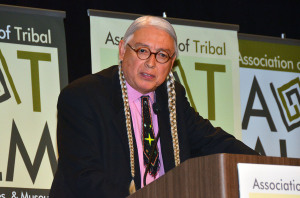Nov. 5: Guest drummer, trumpeter highlight jazz festival

A visiting drummer and WSU trumpeter will perform with the WSU Jazz Big Band during a free, public concert at noon Wednesday, Nov. 5, in Bryan Hall on the Pullman campus. The concert is part of the daylong WSU Jazz Festival for area high school groups.
Drummer and composer Tom Morgan of Washburn University in Topeka, Kan., performs and records with numerous groups, including the Trilogy Big Band, a 17-piece jazz ensemble with two recently released CDs on the Sea Breeze Jazz recording label.
Trumpeter Brian Ploeger, a graduate teaching assistant in the WSU School of Music, toured internationally as a featured soloist with Maynard Ferguson’s Big Bop Nouveau Band and the Glenn Miller Orchestra. He has recorded with Michael Feinstein and Maynard Ferguson and has served on the music faculties at Spokane Falls Community College and Whitworth College in Spokane, Wash.
The performance by the WSU Jazz Big Band, under the direction of Regents Professor Greg Yasinitsky, will feature faculty members Dave Hagelganz, saxophone; Brian Ward, piano; Brad Ard, guitar; F. David Snider, bass; and David Jarvis, drums.

